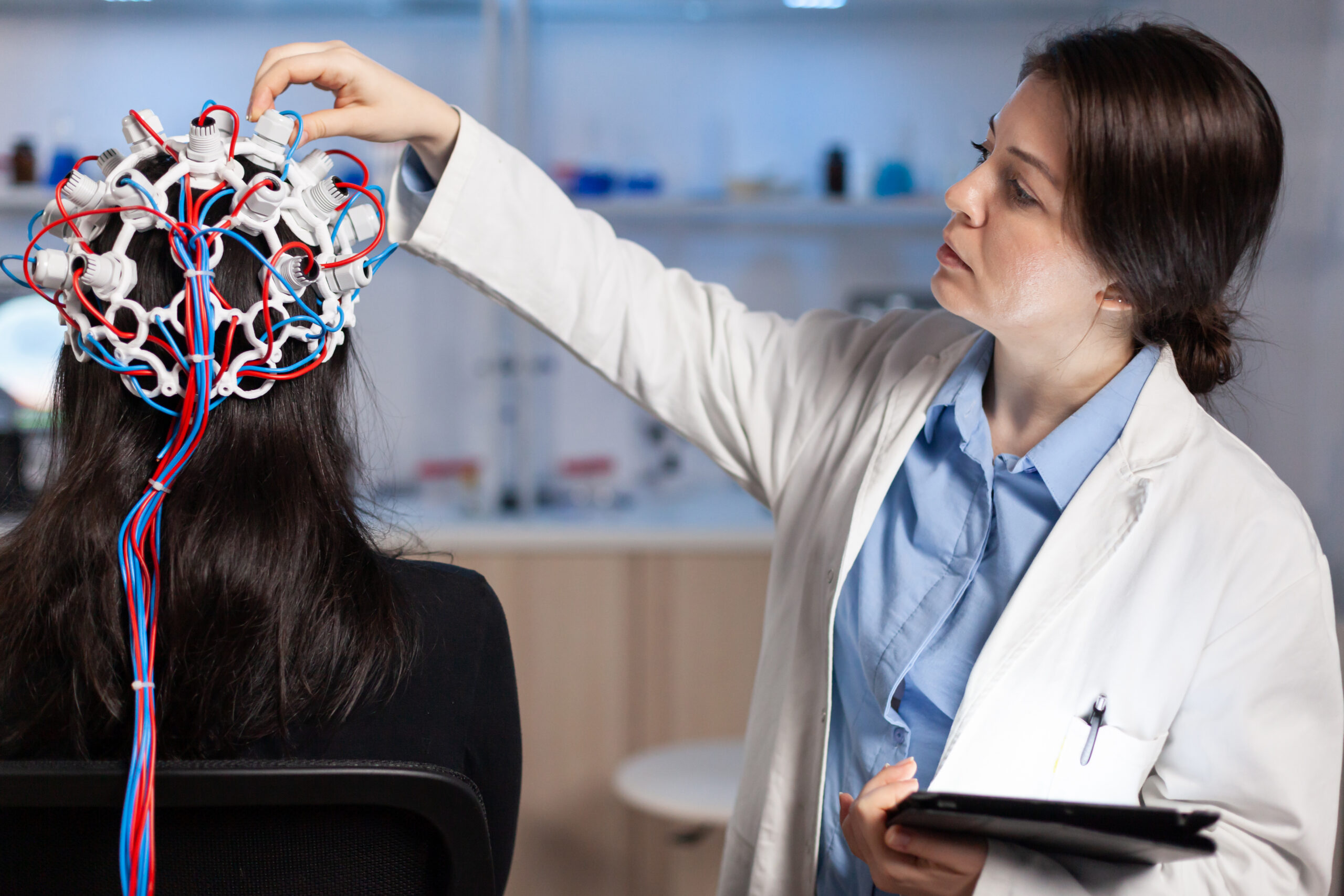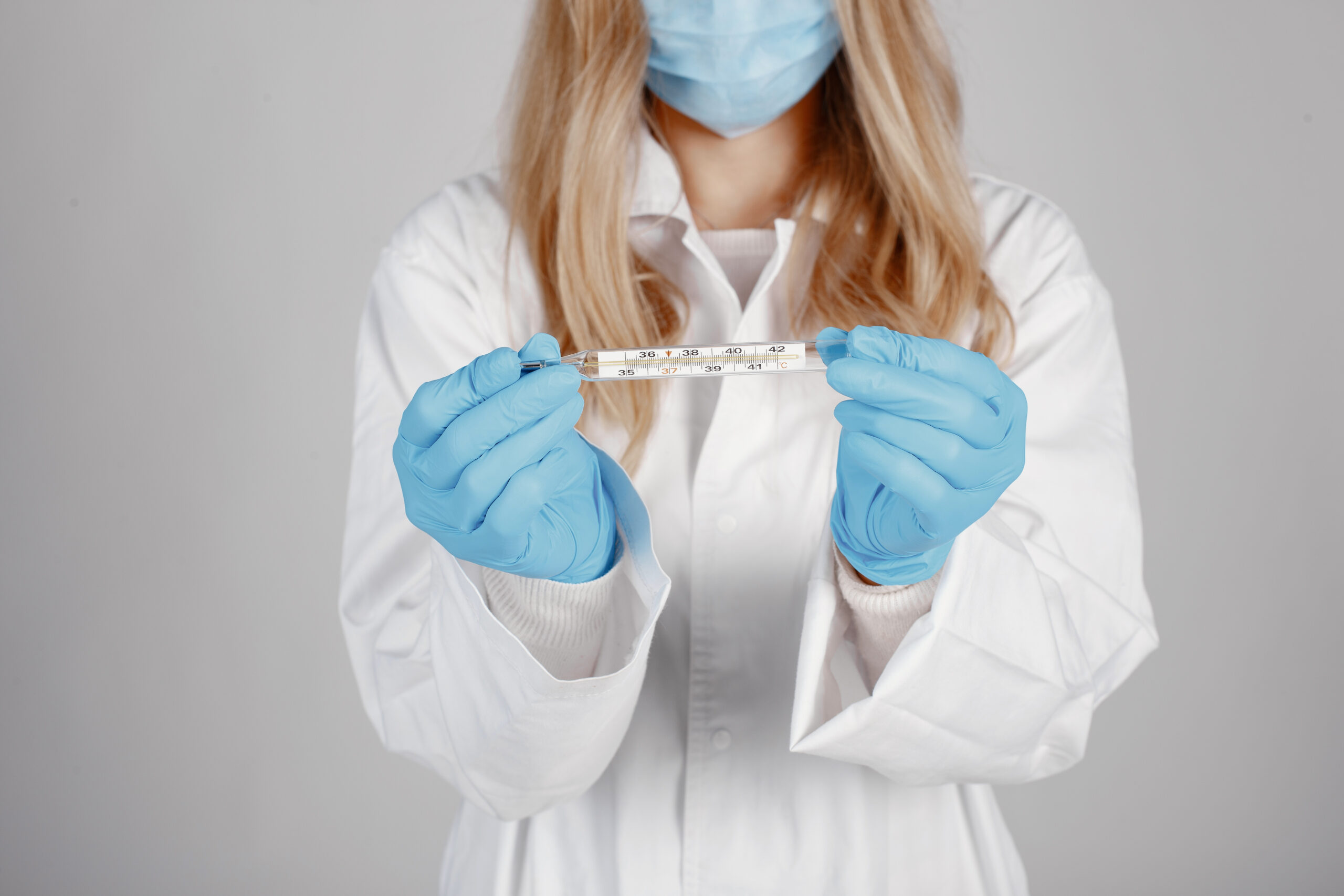Understanding Medical Genetics: A Patient’s Guide
Medical genetics looks at how differences in our genes affect our health. This field helps doctors find and treat inherited conditions that can affect both patients and their families. Learning the basics of medical genetics can help you make better choices about your health and your family’s well-being.

The Importance of Genetic Counseling in Healthcare
Genetic counseling gives people and families information about genetic conditions. During counseling, you talk about your family history, what genetic testing might mean, and the possible risks and benefits of certain conditions. Many people find this service helpful if they have a family history of genetic disorders or might be at risk for inherited diseases.
What Happens During Genetic Counseling?
During a genetic counseling session, a trained genetic counselor will:
- Review your personal and family medical history
- Explain the purpose and process of genetic testing
- Discuss the potential outcomes of testing
- Provide resources and support for managing genetic conditions
This process helps you understand your genetic risks and make informed choices about testing and treatment.
How Medical Genetics Shapes Personalized Medicine
Personalized medicine means doctors adjust treatments to fit each person’s unique traits, including their genes. Medical genetics helps doctors choose treatments that match your genetic profile. This can make therapies work better and cause fewer side effects.

The Role of Genetic Testing in Personalized Medicine
Genetic testing can find changes in your genes that might affect how you respond to certain medicines. For example, pharmacogenomics looks at how your genes affect the way your body handles drugs, helping doctors choose the best medications for you. This approach can improve your treatment and lower the risk of side effects.
Exploring Genetic Disorders: Symptoms and Treatments
Genetic disorders happen when there are changes in a person’s DNA. Some of these conditions show up at birth, while others appear later. Knowing the symptoms can help you get an early diagnosis and better treatment.
Common Genetic Disorders
Some common genetic disorders include:
- Cystic Fibrosis: Affects the lungs and digestive system, leading to severe respiratory issues and nutritional problems.
- Sickle Cell Anemia: A blood disorder that causes pain, infections, and complications due to abnormal hemoglobin.
- Huntington’s Disease: A progressive brain disorder that leads to movement, cognitive, and psychiatric problems.
Symptoms to Watch For
Patients should be aware of the following symptoms that may indicate a genetic disorder:
- Developmental delays
- Unusual physical features
- Chronic health issues
- Recurrent infections
If you notice any of these signs, talk to a healthcare professional to get checked out.
Navigating Genetic Testing: What Patients Should Know ?
Genetic testing can give you helpful information about your health and your risk for some conditions. Before you get tested, it’s important to know what the results could mean.
Key Considerations Before Genetic Testing
Before proceeding with genetic testing, patients should consider:
- The purpose of the test and what information it will provide
- Potential emotional and psychological impacts of the results
- The implications for family members
Discussing these factors with a genetic counselor can help patients make informed decisions about testing.
The Role of Family History in Genetic Health
Family history is a critical component of understanding genetic risks. By examining the health conditions that run in families, healthcare providers can identify patterns that may indicate an increased risk for certain genetic disorders.
How Family History Influences Health Decisions
Patients are encouraged to gather detailed information about their family medical history, including:
- Any known genetic disorders in the family
- Ages at which family members were diagnosed with specific conditions
- Any patterns of disease that may suggest hereditary risks
This information helps doctors suggest the right screenings and ways to prevent problems.

Mendelian Inheritance: Key Concepts for Patients
Mendelian inheritance is about how certain traits are passed down through single genes. Learning about these patterns can help you understand your genetic risks and make better health choices.
Dominant and Recessive Traits
- Dominant Traits: Only one copy of the mutated gene is necessary for the trait to manifest. An affected individual has a 50% chance of passing the trait to their offspring.
- Recessive Traits: Two copies of the mutated gene are required for the trait to manifest. Carriers of the trait (those with one copy) do not show symptoms but can pass the gene to their children.
Learning about these inheritance patterns can help you better understand your genetic risks.
The Impact of Genetics on Medication Effectiveness
Differences in your genes can affect how you respond to medicines. Knowing about these factors helps doctors choose the best treatments for you.
Pharmacogenomics: Tailoring Medications to Genetics
Pharmacogenomics is the study of how genes affect a person’s response to drugs. By analyzing a patient’s genetic profile, healthcare providers can:
- Identify which medications are likely to be effective
- Predict potential side effects
- Avoid prescribing drugs that may not work for the patient
This personalized approach can make treatments work better and reduce side effects.
Future Trends in Medical Genetics: What to Expect
The field of medical genetics is rapidly evolving, with ongoing research leading to new discoveries and advancements. Patients can expect to see significant changes in the coming years.
Innovations in Genetic Research
New technologies like CRISPR gene editing are changing how doctors treat genetic disorders. These advances may one day fix genetic problems at their source and offer hope for conditions that could not be treated before.

The Role of Artificial Intelligence in Genetics
Artificial intelligence (AI) is also playing a crucial role in medical genetics by analyzing vast amounts of genetic data to identify patterns and predict outcomes. This can lead to more accurate diagnoses and personalized treatment plans for patients.
Genetic Disorders: Early Detection and Management
Finding genetic disorders early is important for good treatment. New genetic tests and screening methods help doctors find problems before symptoms start.
Benefits of Early Detection
- Improved Outcomes: Early diagnosis allows for timely interventions, improving the quality of life for affected individuals.
- Informed Family Planning: Understanding genetic risks can help families make informed decisions about future pregnancies and healthcare choices.
Conclusion
Medical genetics is an important part of healthcare that helps you understand your genetic risks and make smart choices about your health. With genetic counseling, testing, and personalized medicine, you can better manage genetic disorders and improve your health.
For more information about our academic and training initiatives, visit Liv Hospital Academy
Frequently Asked Questions Medical Genetics
What is medical genetics?
Medical genetics is a branch of medicine that focuses on the diagnosis, management, and counseling of individuals with genetic disorders. It involves understanding how genetic variations affect health and disease, as well as how these variations can be inherited.
Are medication allergies genetic?
Yes, medication allergies can have a genetic component. Some individuals may have genetic variations that predispose them to allergic reactions to certain medications. Understanding these genetic factors can help healthcare providers choose safer treatment options.
How does family history influence genetic health?
Family history plays a crucial role in assessing genetic risks. By understanding the health conditions that run in families, healthcare providers can identify patterns that may indicate an increased risk for certain genetic disorders and recommend appropriate screenings or preventive measures.
What does a medical genetics doctor do?
A medical genetics doctor, also known as a geneticist, specializes in diagnosing and managing genetic disorders. They provide genetic counseling, interpret genetic tests, and develop personalized treatment plans based on a patient’s genetic profile.
Can genetic disorders be cured by modern medical techniques?
While some genetic disorders currently cannot be cured, advances in medical science, including gene therapy and personalized medicine, are providing new treatment options that can effectively manage or even correct certain genetic conditions.
How does genetic testing work?
Genetic testing involves analyzing DNA to identify changes or mutations that may lead to genetic disorders. This testing can be done through blood samples, saliva, or other tissues and can provide valuable information about a person’s risk for certain diseases.
What is genetic counseling?
Genetic counseling is a service that helps individuals and families understand their genetic risks and the implications of genetic testing. Counselors provide information about genetic disorders, testing options, and potential outcomes, helping patients make informed decisions about their health.
Does Medicaid cover genetic counseling?
Coverage for genetic counseling varies by state and specific Medicaid plans. It’s important for individuals to check with their Medicaid provider to understand what services are covered and any requirements that may apply.



